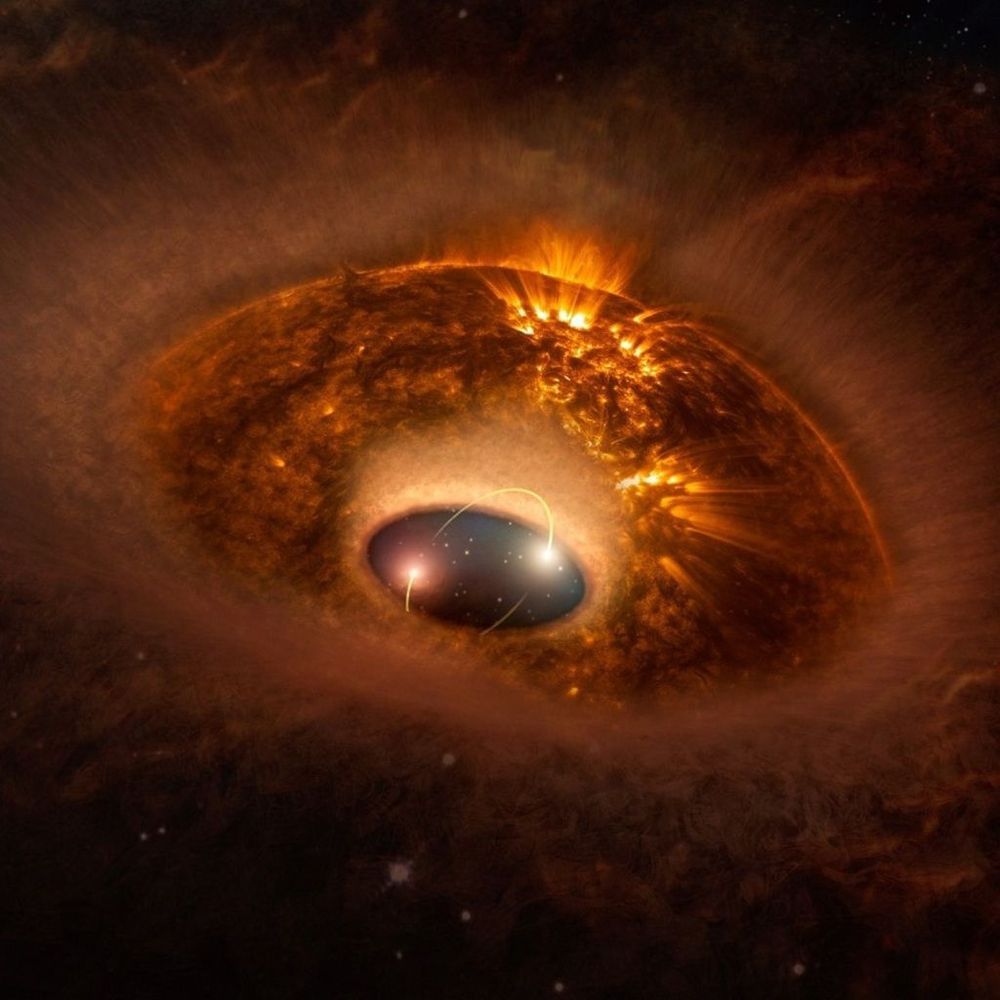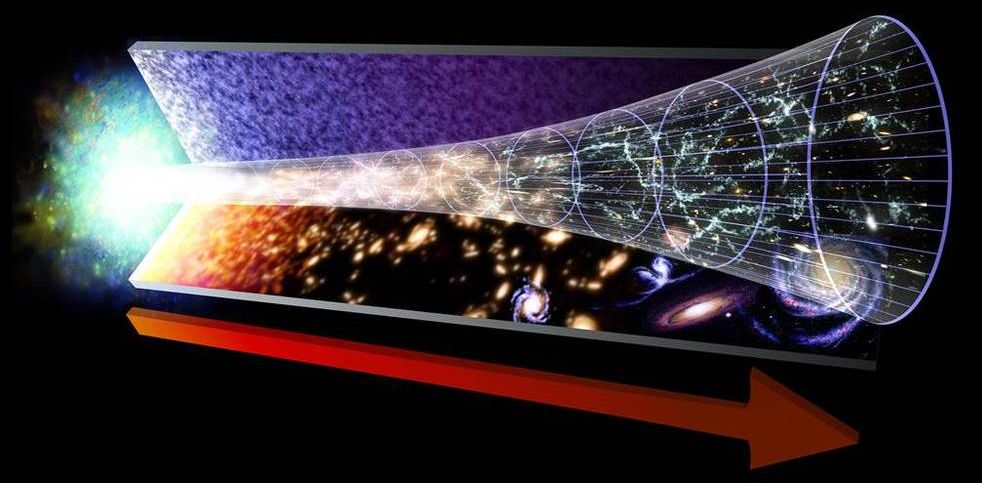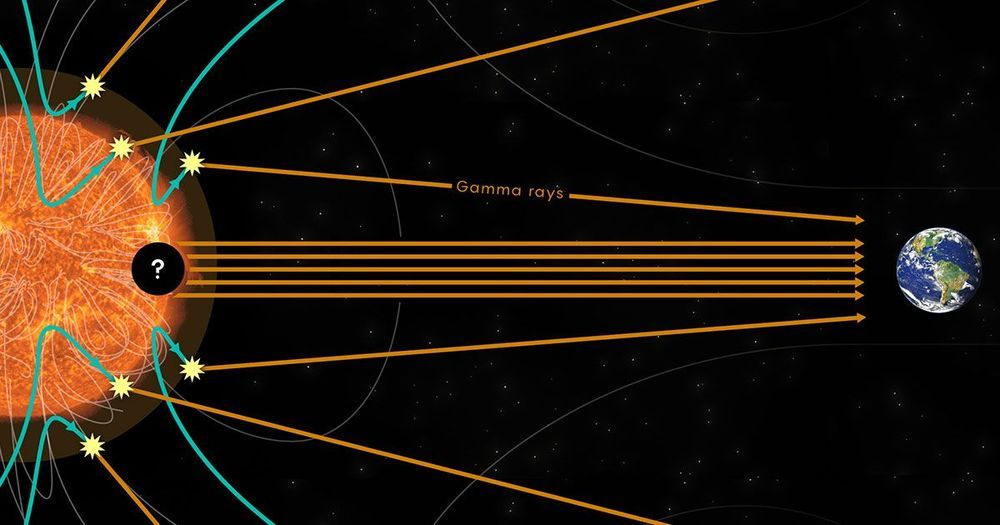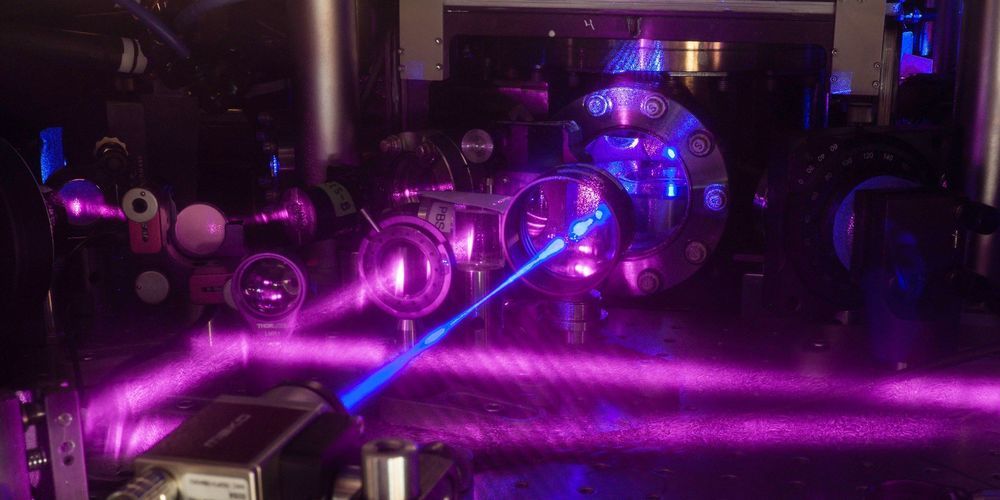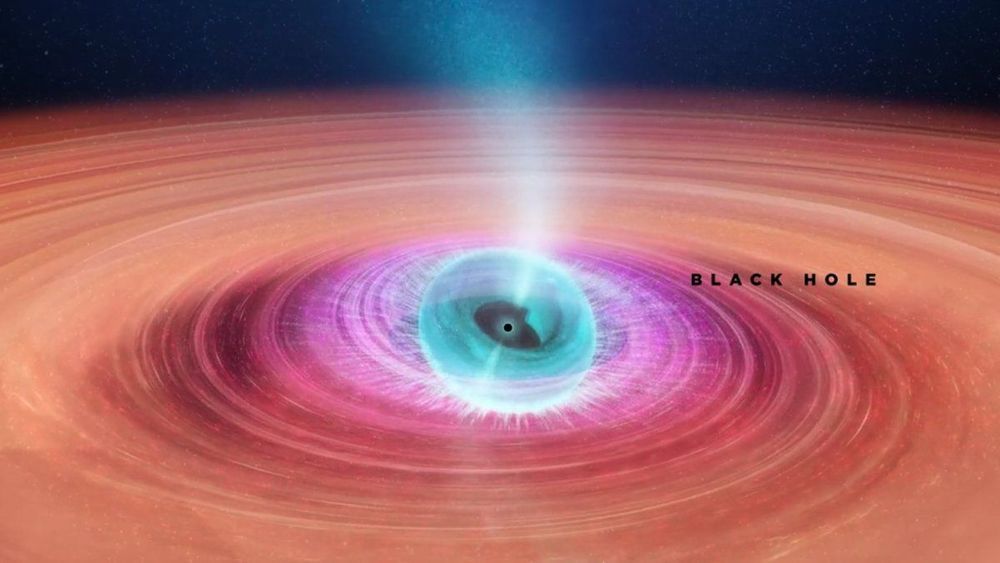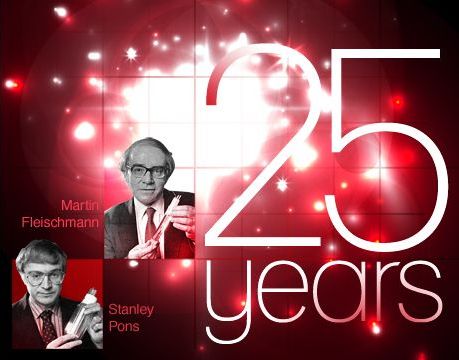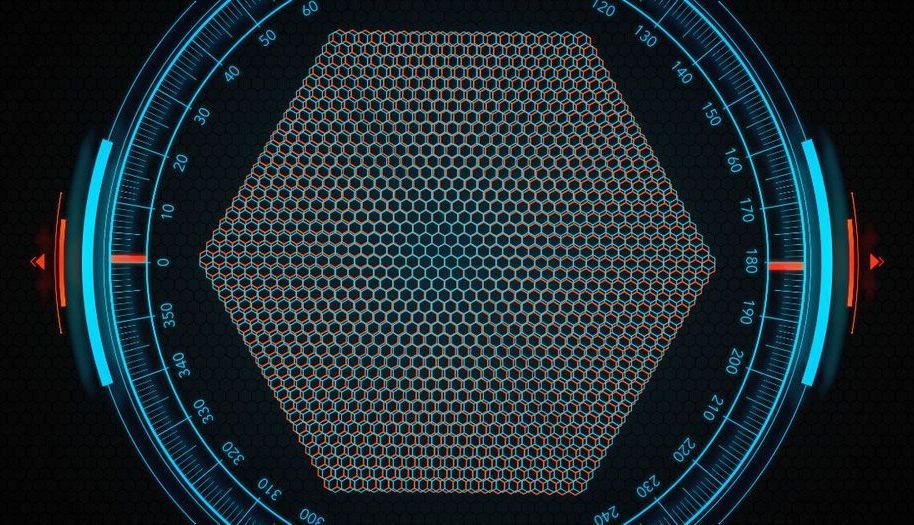Archive for the ‘physics’ category: Page 246
May 7, 2019
What happened before the Big Bang?
Posted by Derick Lee in categories: alien life, evolution, physics
In trying to answer such questions, scientists bump up against the limits of the laws of physics. Existing theories can account for the evolution of the universe from its earliest moments — from a fraction of a second after the Big Bang — but the question of what came before has been among the most vexing in all of science.
“It’s my life’s work to try to answer that question,” University of Toronto physicist Renée Hložek says.
This image represents the evolution of the universe, starting with the Big Bang. The red arrow marks the flow of time.
May 5, 2019
Physicists Are Bewitched by Twisted Graphene’s ‘Magic Angle’
Posted by Genevieve Klien in category: physics
The stunning emergence of a new type of superconductivity with the mere twist of a carbon sheet has left physicists giddy, and its discoverer nearly overwhelmed.
May 1, 2019
The Sun Is Stranger Than Astrophysicists Imagined
Posted by Xavier Rosseel in categories: physics, space
The sun radiates far more high-frequency light than expected, raising questions about unknown features of the sun’s magnetic field and the possibility of even more exotic physics.
May 1, 2019
These Super-Precise Clocks Help Weave Together Space And Time
Posted by Genevieve Klien in categories: cosmology, physics, space travel
Insanely precise atomic clocks are letting astrophysicists image black holes, steer spacecraft, and maybe one day hunt for gravitational waves.
May 1, 2019
Astronomers Discover ‘Extraordinary’ Black Hole That Is Warping Space-Time
Posted by Genevieve Klien in categories: cosmology, physics
Nearly 8,000 light-years away from Earth, astronomers have discovered a black hole that keeps rapidly swinging out jets of plasma clouds into space, according to a new study.
The black hole, known as V404 Cygni, doesn’t behave like others. The jets shoot out possibly within minutes of each other and in all different directions. And while the researchers admit that black holes are some of the most extreme objects in the universe, this one is different.
“This is one of the most extraordinary black hole systems I’ve ever come across,” study author James Miller-Jones said in a statement. Miller-Jones is also an associate professor at Curtin University’s International Centre for Radio Astronomy Research.
Continue reading “Astronomers Discover ‘Extraordinary’ Black Hole That Is Warping Space-Time” »
Scientists discover source of clean, unlimited energy! In March 1989, the news rocked the world. Two respected chemists from the University of Utah: Martin Fleischmann and Stanley Pons, told a receptive media they had solved the biggest physics problem of the atomic age. Their compelling claims of room-temperature nuclear fusion in a jar were cast as the solution to the world’s colliding environmental and energy crises.
The meltdown hit just weeks later when the claim was nuked by mainstream scientists who couldn’t reproduce their results and were unsatisfied with the team’s explanations. The cold fusion field has been on ice ever since. Whether considered a scandal, a screw-up, or a scientific character assassination by hot fusion advocates, the cold fusion episode is a case study for those who caution against the “science of wishful thinking.”
On the 25th anniversary of the rise and fall of cold fusion, its close cousin, low-energy nuclear reaction (LENR) science, is still on the fringe but simmering anew. Here’s a look back and a look ahead at a field that always gets a reaction.
Apr 30, 2019
How Twisted Graphene Became the Big Thing in Physics
Posted by Klaus Baldauf in categories: materials, physics
The stunning emergence of a new type of superconductivity with the mere twist of a carbon sheet has left physicists giddy, and its discoverer nearly overwhelmed.
Apr 29, 2019
Astronomers Spot Distant Black Hole Spinning So Fast That It Warps Space-Time
Posted by Genevieve Klien in categories: cosmology, physics
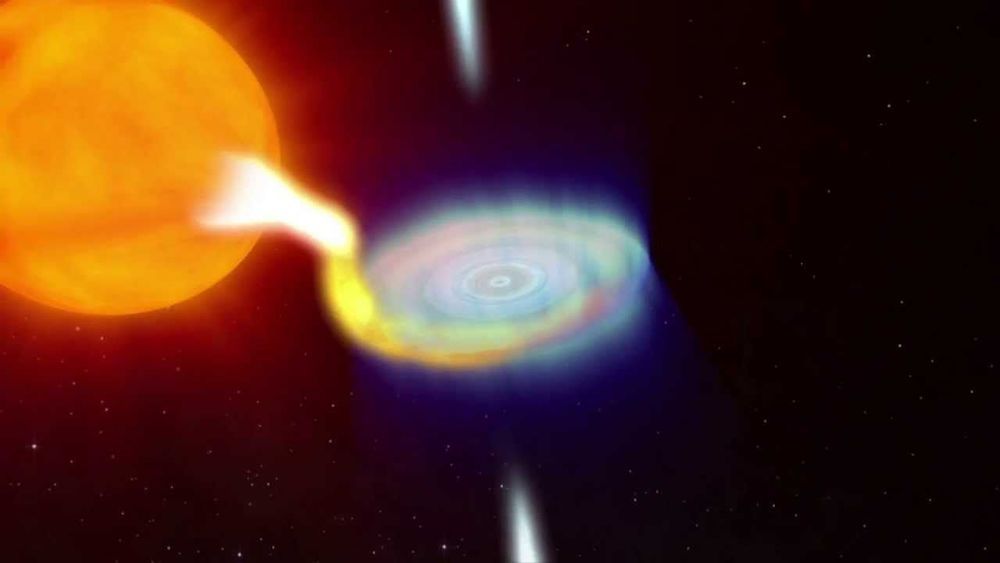
Last observed in 2015, the black hole is spewing out ‘wobbly’ plasma jets that move so fast they change orientation within minutes.
Some 8,000 light-years from Earth in the Cygnus constellation (“The Swan”), a small black hole weighing just nine times the mass of Earth’s sun is gobbling up a sun-like star. The black hole and its stellar victim are locked together in what astronomers call a binary system and orbit each other once every 6.5 days – with spectacular effects, the National Radio Astronomy Observatory (NRAO) is reporting.
Continue reading “Astronomers Spot Distant Black Hole Spinning So Fast That It Warps Space-Time” »
Apr 28, 2019
North Korea’s 2017 bomb test set off later earthquakes, new analysis finds
Posted by Quinn Sena in categories: existential risks, military, physics
Using newly refined analysis methods, scientists have discovered that a North Korean nuclear bomb test last fall set off aftershocks over a period of eight months. The shocks, which occurred on a previously unmapped nearby fault, are a window into both the physics of nuclear explosions, and how natural earthquakes can be triggered. The findings are described in two papers just published online in the journal Seismological Research Letters.
The September 3, 2017 underground test was North Korea’s sixth, and by far largest yet, yielding some 250 kilotons, or about 17 times the size of the bomb that destroyed Hiroshima. Many experts believe the device was a hydrogen bomb—if true, a significant advance from cruder atomic devices the regime previously exploded. The explosion itself produced a magnitude 6.3 earthquake. This was followed 8.5 minutes later by a magnitude 4 quake, apparently created when an area above the test site on the country’s Mt. Mantap collapsed into an underground cavity occupied by the bomb.
The test and collapse were picked up by seismometers around the world and widely reported at the time. But later, without fanfare, seismic stations run by China, South Korea and the United States picked up 10 smaller shocks, all apparently scattered within 5 or 10 kilometers around the test site. The first two came on Sept. 23, 2017; the most recent was April 22, 2018. Scientists assumed the bomb had shaken up the earth, and it was taking a while to settle back down. “It’s not likely that there would be so many events in that small area over a small period of time,” said the lead author of one of the studies, Won-Young Kim, a seismologist at Columbia University’s Lamont-Doherty Earth Observatory. “These are probably triggered due to the explosion.”
Continue reading “North Korea’s 2017 bomb test set off later earthquakes, new analysis finds” »
